Guidance on supporting agency sonographers for fetal anomaly screening
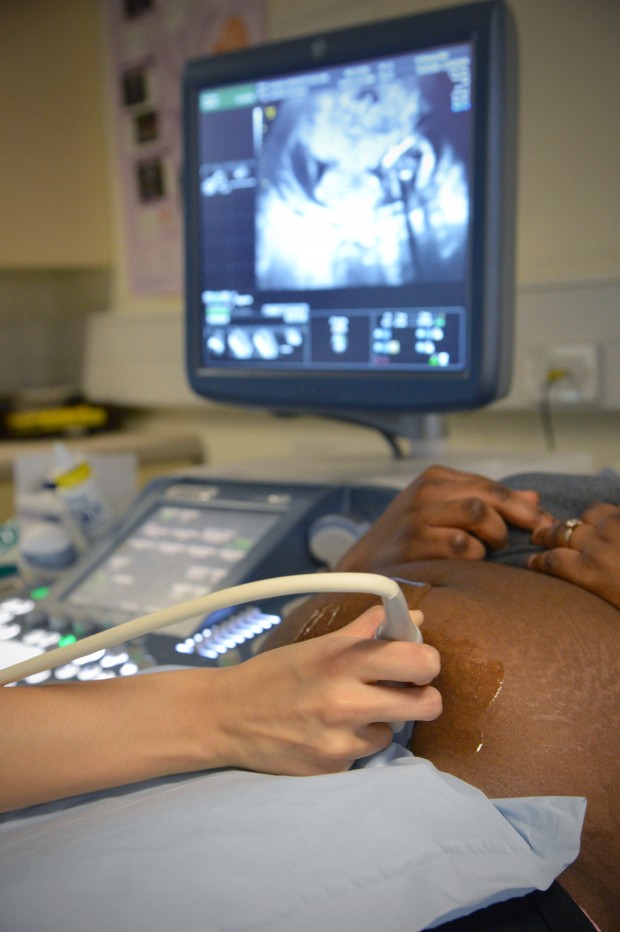
If you work in ultrasound or radiology you will be well aware there’s a national shortage of trained staff. Many ultrasound departments rely on agency sonographers.

If you work in ultrasound or radiology you will be well aware there’s a national shortage of trained staff. Many ultrasound departments rely on agency sonographers.
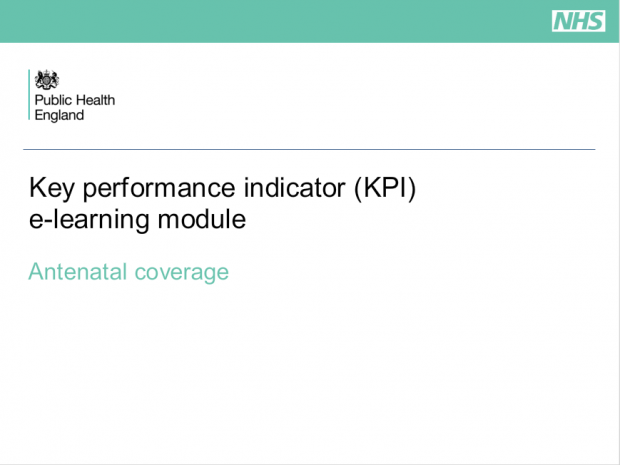
We use key performance indicator (KPI) data to measure how the NHS screening programmes are performing.

The NHS Fetal Anomaly Screening Programme (FASP) offers screening to pregnant women so they can find out how likely it is that their baby has Down’s (Trisomy 21 or T21),...
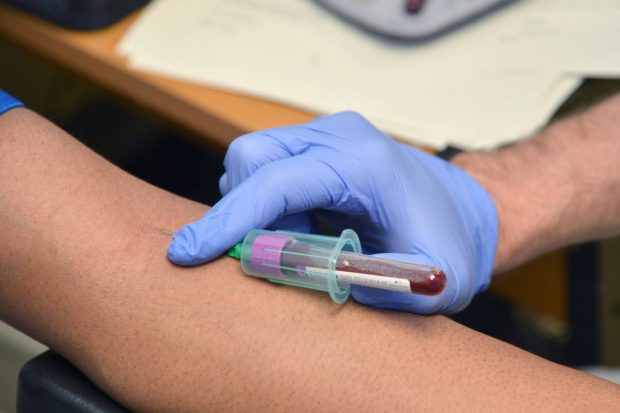
We published a blog in November about non-invasive prenatal testing (NIPT).

Our 3 antenatal screening programmes have joined forces with the national Screening Quality Assurance Service (SQAS) team to hold 8 regional workshops during 2017.

Today we published the key performance indicator (KPI) data for the second quarter of 2016 to 2017 (Q2, July to September 2016). The KPIs are used to measure how the NHS screening programmes are performing and aim to give a …

One of the values we hold dear in PHE Screening is supporting individuals to make an informed choice about screening.
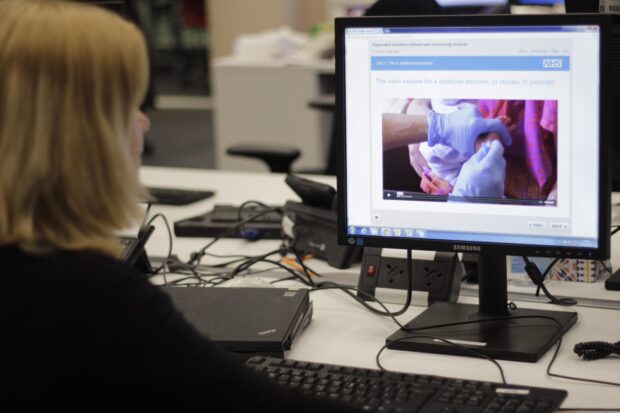
Public Health England doesn’t directly train people how to carry out screening in the NHS. We’d love to visit you all but sadly don’t have the resources to do this....
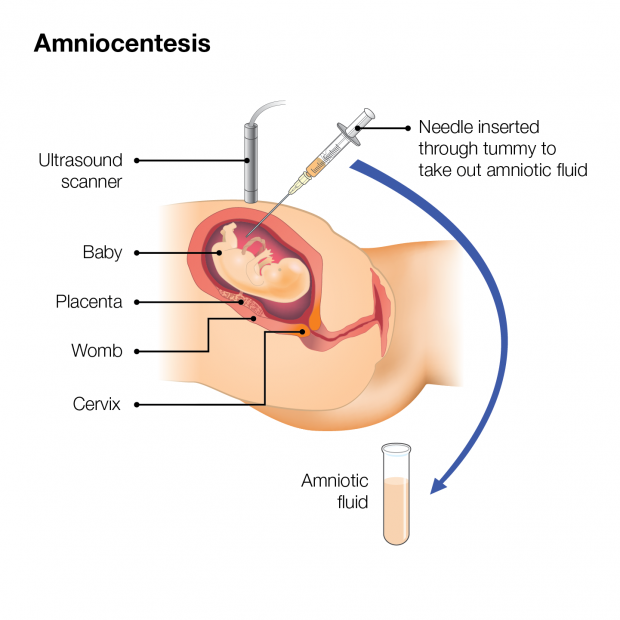
The NHS Fetal Anomaly Screening Programme (FASP) is pleased to launch a new counselling resource leaflet: ‘Chorionic villus sampling (CVS) and amniocentesis: information for parents’.

We’ve updated the antenatal and newborn screening e-learning module in line with clinical best practice and quality assurance requirements.